3 min read
Bon Voyage to the Ordinary: Top Ecommerce Trends for Travel Brands in 2024
The travel industry is taking flight in the digital realm. As wanderlust reigns supreme, travel brands need to equip themselves with...
Bidding on a competitor’s brand terms on Google appeals to some businesses. They gain lots of ad impressions from their target customers and possibly hijack some sales too. On the other side of the fence, it has caused many a marketer a headache. Brand traffic drops, brand CPCs go up, ROI goes down etc.
The principles of competitor brand bidding on Google Adwords are pretty simple:
So in essence although businesses can benefit from brand exposure by appearing for a competitors brand it’s actually harming their own Adwords account Quality Score and they certainly won’t get this traffic cheap.
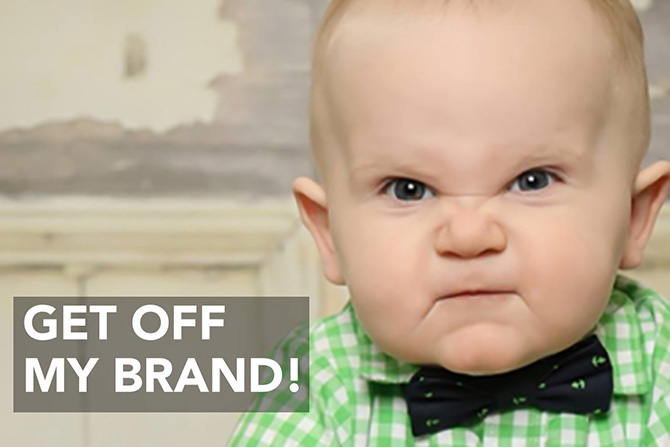
Google encourages businesses to resolve issues like brand bidding themselves. Sometimes it results in playground antics, like brands bidding on each other to push up CPCs and solicitors threatening legal action. Occasionally brands manage to create gentlemen’s agreements where they agree not to bid on each other.
We recently had a meeting with a CEO that had just spent £30k on radio advertising, only for a competitor brand to gain from his hard earned investment by bidding on their brand name in Google. When we told him this could have been avoided had a trademark been in place; well, let’s just say he wasn’t best pleased with his PPC agency.
The fear was that all our competitors would suddenly be taking customers that were about to shop with us. In the end it was largely overhyped but competitor bidding does still happen. For bigger brands that are still naive to this, it can be quite a problem.
Pre 2008, if you owned a trademark then searches for your brand keywords were safe from third party bidding. When Google changed the rules to let advertisers bid on any keyword there was mass panic, I remember a series of meetings with solicitors as I was working for a large electronics retailer at the time.
Average CPC of brand terms were never higher than £0.01 and it delivered such a high ROI that it was a no brainer to always keep “brand PPC on”.
In 2010, Louis Vuitton challenged Google in court over this very matter. And lost!
Most large brands have trademarks in place with Google but its surprising how many still don’t. Check out the screenshot below of a search for one of the largest UK healthcare brands, Bupa.
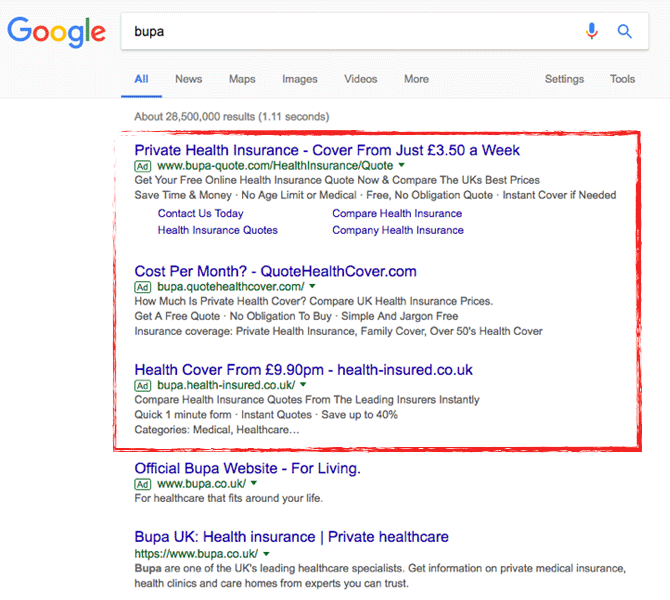
There are 3 lead generation sites enticing their customers away with cheap offers! Bupa have a big problem here; a high percentage of people about to engage with their brand online are being enticed away with a potentially cheaper offer. What’s more they have a weak ad to back it up.
Let’s compare Bupa Healthcare to the brand SERP of one of our clients, Spire Healthcare.
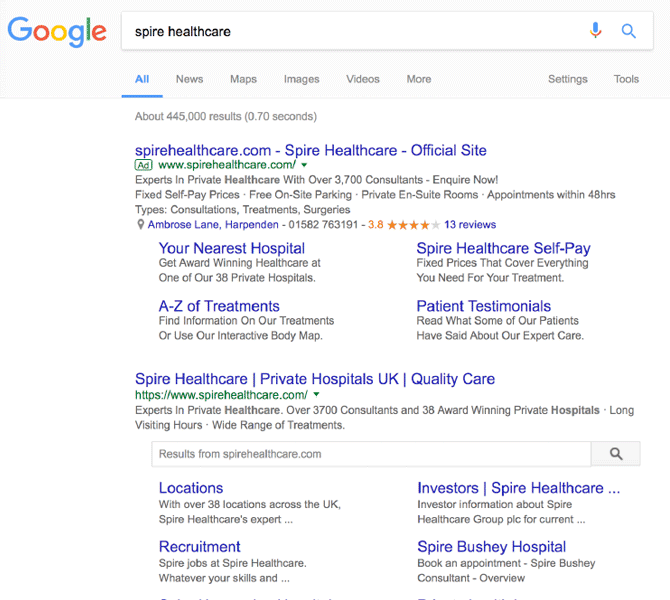
With our help Spire Healthcare now have full ownership of their Brand search results and they authorise who is allowed to appear. Before we started working with them they had a similar problem with this particular group of sites. Now, even if someone gets an ad approved for this search term without Spire’s authorisation we can alert Google and the ads quickly disappear.
You can also take up a great amount of what I call SERP real estate with brand listings optimised for both organic and PPC listings. With this in place you can effectively own above the fold for your brand SERP.
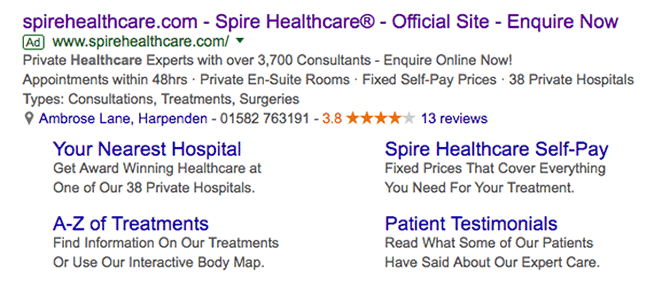
Notice on the PPC ad above, there are 4 enhanced site links, call out extensions (another line of ad copy with 3 USPs), local listing of nearest hospital, phone number and customer reviews. Google requires a minimum (undisclosed) Ad Rank in order to show Ad Extensions – you’ll see less Ad Extensions the lower your position.
If you have a competitor using your brand name in their ad copy the first thing to do is submit a trademark complaint to Google.
You can do that here: https://support.google.com/adwordspolicy/answer/2562124?hl=en-GB
Once Google have a trademark complaint on file they can register your trademark and you can authorize which sites may use your brand name in their ad copy or display URL.
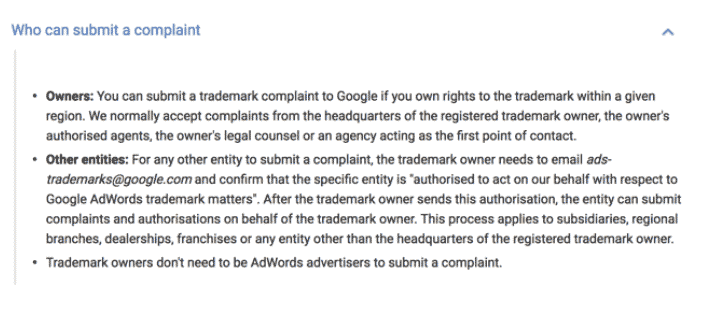 Note: You have to continue to monitor your brands and submit a complaint form if anyone sneaks through. As a Google Partner agency this is pretty painless for us but in-house PPC teams may find the process a bit slower.
Note: You have to continue to monitor your brands and submit a complaint form if anyone sneaks through. As a Google Partner agency this is pretty painless for us but in-house PPC teams may find the process a bit slower.
If you are experiencing a similar problem then ask your PPC expert or agency to show you impression share reports for the affected keywords. This will give you an indication of how much traffic you are losing.
Chances are the brand bidding will be temporary or sporadic but either way it’s a problem you need to get under control as it will increase your CPCs and lower your CTR%.
If you’ve found this blog post useful please Share it. If you’d like iThinkMedia to take a look at your PPC account then get in touch. We can provide PPC audits, Google Adwords training and account management.

3 min read
The travel industry is taking flight in the digital realm. As wanderlust reigns supreme, travel brands need to equip themselves with...

2 min read
The fashion scene is undergoing a digital makeover. With consumer habits constantly shifting, fashion brands need to adapt and embrace innovative...

2 min read
The home and garden landscape is blooming in digital. As consumer preferences evolve, home and garden businesses need to cultivate innovative...